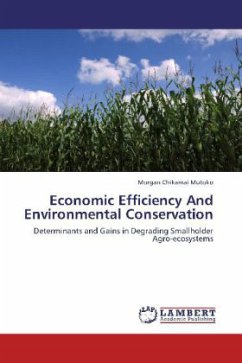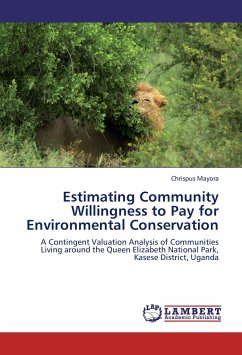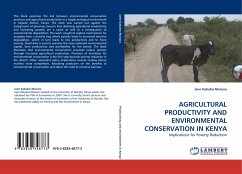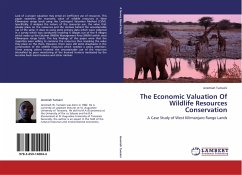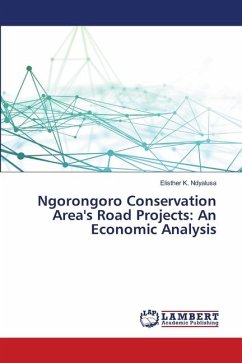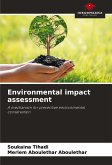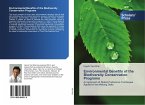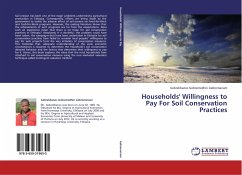Poor smallholders contribute the most to land degradation due to their low investment in better farming, and ironically bear the greatest brunt of the resultant environmental impacts because they are economically vulnerable. Strategic policy intervention to address widespread resource insufficiency and production inefficiency within smallholder agro-ecosystems is indispensable in overcoming the twin challenges of land degradation and rural poverty. However, policy relevant information on efficiency gains from technological programs is rare in developing countries. Thoroughly researched and engagingly written, this book applies an innovative economic theory with ecological considerations to distinctly analyze three interrelated efficiency measures and provides empirical evidence on the benefits to improve both rural livelihoods and environmental sustainability. This book analytically integrates the essential role of suitable technological interventions. The book contributes new insights to the efforts geared towards achieving the MDGs 1 and 7, and should be especially useful to researchers and development agents interested in sustainable conservation and enhancing rural livelihoods.
Bitte wählen Sie Ihr Anliegen aus.
Rechnungen
Retourenschein anfordern
Bestellstatus
Storno

